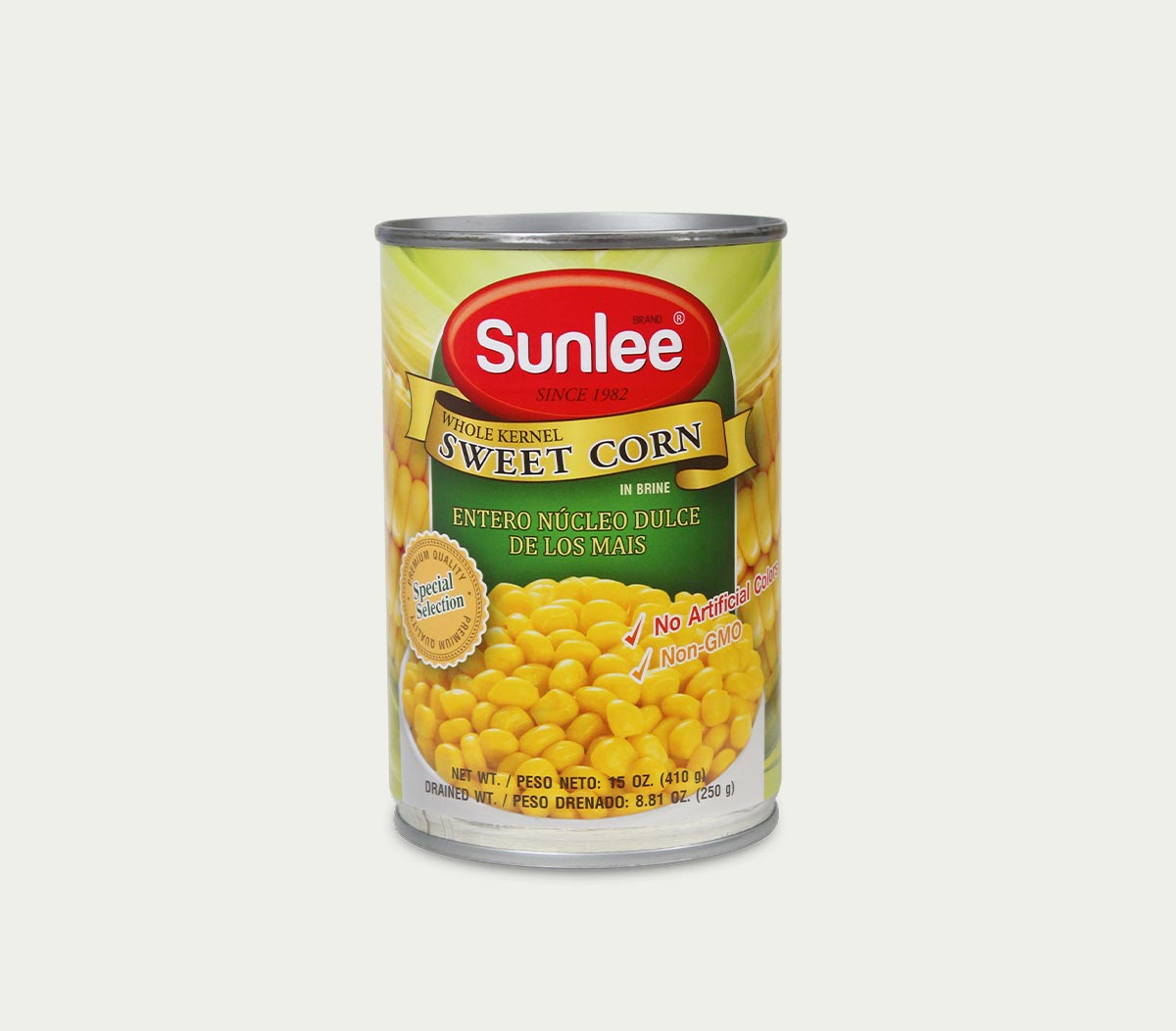
Ever wondered what's packed inside that humble can of corn sitting in your pantry? Well, you're in for a treat! Canned corn isn't just a quick side dish or a colorful addition to your salads; it's a powerhouse of nutrition. Canned corn is loaded with benefits that can make you rethink its simple appearance. From its surprisingly high fiber content to its ability to boost your energy with B vitamins, this pantry staple is more than meets the eye. But wait, there's more! Canned corn also brings antioxidants to the table, fighting off free radicals and supporting overall health. So, next time you pop open a can, remember, it's not just corn—it's a cornucopia of nutrients ready to enhance your meals and your health. Let's dive into the 12 amazing nutrition facts about canned corn that will surely give you food for thought!
Key Takeaways:
- Canned corn is a nutritious and convenient pantry staple, packed with fiber, vitamins, and minerals. It's a great year-round option for maintaining a healthy diet and digestive system.
- Canned corn can aid in weight management due to its low calorie count and high fiber content, helping you feel full longer and reducing the likelihood of overeating. Just watch out for added salt and sugar.
Canned corn is a staple in many pantries due to its convenience and versatility. But beyond its ease of use, canned corn packs a nutritional punch that might surprise you. Here, we'll delve into the nutritional benefits of this common kitchen item, highlighting 12 amazing facts that showcase why canned corn deserves a spot in your diet.
What Makes Canned Corn Nutritious?
Canned corn is not just a quick side dish or salad topping; it's loaded with nutrients that contribute to overall health. From its fiber content to its antioxidant properties, canned corn offers more than just taste.
-
Fiber: One serving of canned corn contains about 2 grams of fiber. This is essential for digestive health, helping to prevent constipation and maintain a healthy gut.
-
Vitamins: Canned corn is a good source of B vitamins, particularly vitamin B6 and folate. These vitamins play crucial roles in energy metabolism and the formation of red blood cells.
-
Minerals: You'll find minerals such as magnesium and potassium in canned corn. These are vital for bone health, muscle function, and regulating blood pressure.
-
Antioxidants: Corn is rich in antioxidants, including beta-carotene and lutein, which are important for eye health and may reduce the risk of chronic diseases.
How Does Canned Corn Compare to Fresh?
While fresh corn has its benefits, canned corn holds its own in terms of nutrition and convenience. The canning process preserves many of the nutrients, making canned corn a viable alternative to fresh.
-
Preserved Nutrients: The canning process actually helps preserve many of the vitamins and minerals in corn, making canned corn nearly as nutritious as its fresh counterpart.
-
Convenience: Canned corn is ready to eat, saving time on preparation and cooking. This makes it easier to include corn in your diet regularly.
-
Year-Round Availability: Unlike fresh corn, which is seasonal, canned corn is available year-round, allowing you to enjoy its nutritional benefits anytime.
Can Canned Corn Help with Weight Management?
Incorporating canned corn into your diet can also play a role in weight management, thanks to its fiber content and low calorie count.
-
Low in Calories: A half-cup serving of canned corn has about 60-80 calories, making it a low-calorie addition to meals.
-
Satiety: The fiber in canned corn can help you feel full longer, reducing the likelihood of overeating and aiding in weight management.
Is Canned Corn Suitable for Everyone?
Canned corn is generally suitable for most diets, but there are a few considerations to keep in mind.
-
Sodium Content: Some canned corn contains added salt, which can increase its sodium content. Opting for low-sodium or no-salt-added varieties is a healthier choice.
-
Sugar Content: While corn naturally contains sugar, some canned corn may have added sugar. Reading labels can help you choose options without added sugars.
-
Allergies and Sensitivities: For those with corn allergies or sensitivities, canned corn should be avoided. However, for the vast majority, it's a safe and nutritious option.
A Final Scoop on Canned Corn's Nutritional Value
Canned corn isn't just a convenient side dish; it's packed with nutrients that can benefit your health in multiple ways. From its high fiber content that aids digestion to its antioxidants that fight free radicals, this pantry staple has more to offer than meets the eye. Plus, with its versatility in recipes, adding a boost of nutrition to your meals has never been easier. Remember, though, moderation is key, as canned corn does contain added salt. Opting for low-sodium versions or rinsing it before use can help reduce sodium intake. So, next time you're looking for a nutritious addition to your meal, consider reaching for canned corn. It's a simple way to enrich your diet without compromising on taste or convenience.
Frequently Asked Questions
Was this page helpful?
Our commitment to delivering trustworthy and engaging content is at the heart of what we do. Each fact on our site is contributed by real users like you, bringing a wealth of diverse insights and information. To ensure the highest standards of accuracy and reliability, our dedicated editors meticulously review each submission. This process guarantees that the facts we share are not only fascinating but also credible. Trust in our commitment to quality and authenticity as you explore and learn with us.
